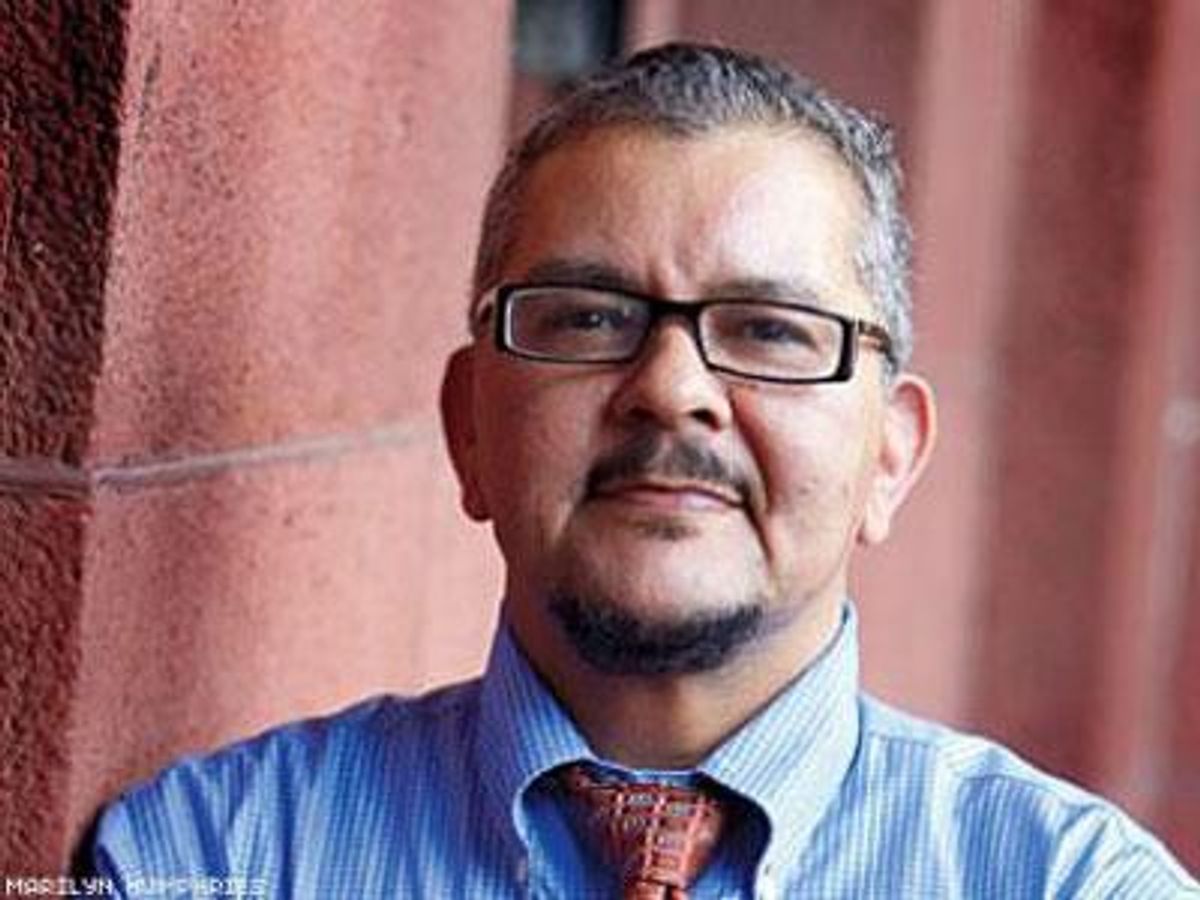Late last month, the United States Department of Justice unveiled a new program designed to repair the often-contentious relationship between law enforcement and many transgender individuals.
"The department recognizes what is often lost in the debates about transgender individuals, and it's that transgender lives are human lives," Deputy Attorney General Jim Cole told a crowd during the announcement of the new program. "We heard you when you told us that we needed to establish a foundation of trust between those who serve and protect the public and those in the LGBT community, particularly the transgender community."
"Today you will see that [DOJ]'s new training helps ensure that we in law enforcement proactively protect the civil rights of all persons, including those who suffer from acts of hate violence or discrimination on the basis of his or her actual or perceived gender identity," Cole added.
The project is headed up by the Community Relations Service Unit, a DOJ collective created with the Civil Rights Act of 1964 in efforts to educate law enforcement officials in how to handle a quickly desegregating country.
"It can be very difficult to interact with law enforcement officials," PFLAG director of policy Diego Sanchez said in an interview with NPR. "We're people like everyone else. We're not any different than anyone else. However, when we're encountered by law enforcement officiers, we often find challenges both in being seen or respected."
Many transgender individuals, most notably transgender women of color, report being unfairly profiled by law enforcement, or even becoming the victim of verbal and physical abuse by officers. The 2011 report, "Injustice at Every Turn," details some of the struggles faced by transgender invididuals.
One-fifth of survey respondents report having been harassed by police officers, with six percent of trans individuals reporting that they had been the victims of physical harassment. That number nearly triples for black transgender women. Nearly half of all survey respondents claimed that they feel uncomfortable seeking help from law enforcement for fear of harassment, leaving many crimes against trans individuals unreported.
The DOJ's training includes instruction designed to educate officers on what is and is not appropriate to say or do to trans people. For instance, officers will be trained to ask a trans person's preferred pronoun, and they will be cautioned against inquiring about one's surgical status or using derogatory language about these individuals.


















































































Viral post saying Republicans 'have two daddies now' has MAGA hot and bothered